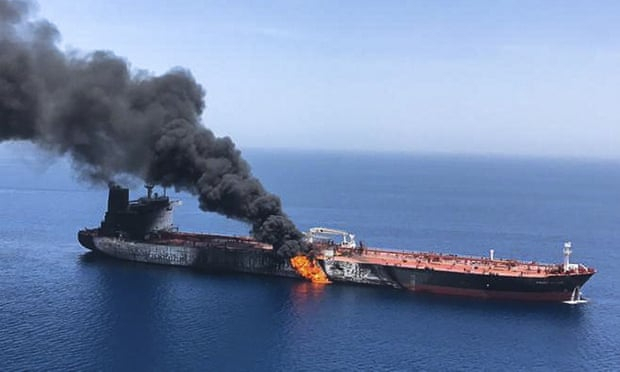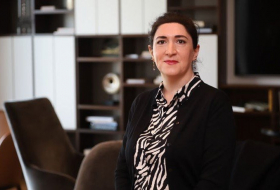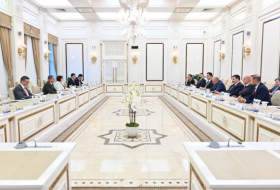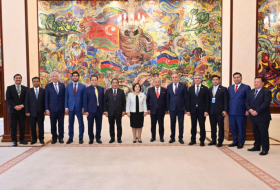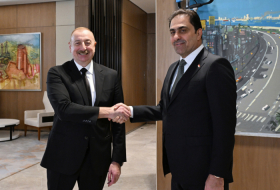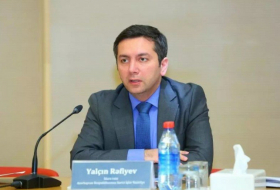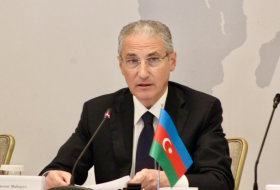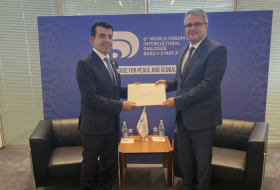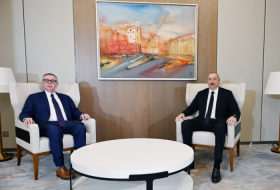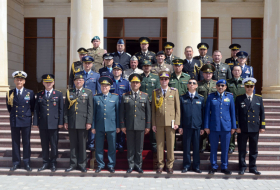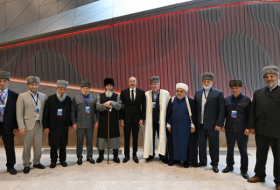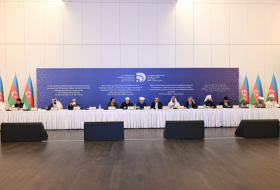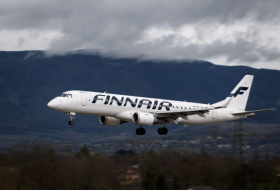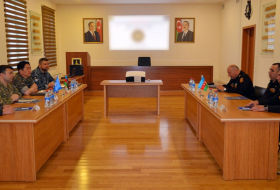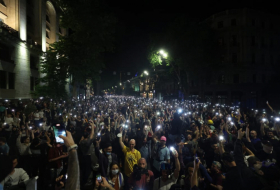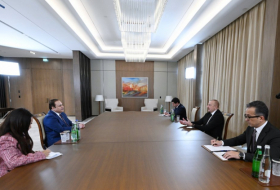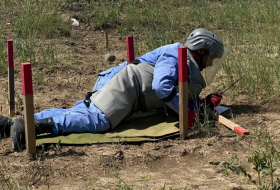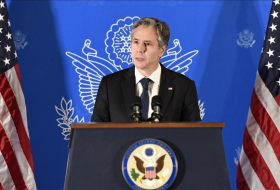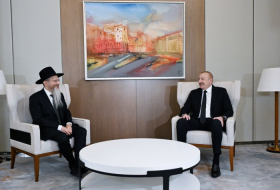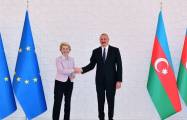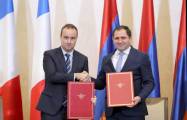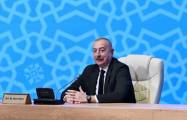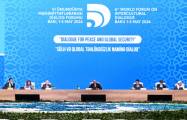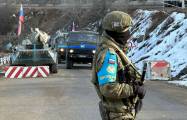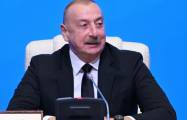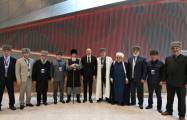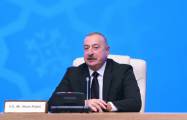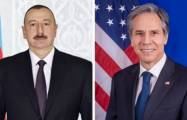Brian Hook said he had been holding extensive talks with US allies in the wake of the Gulf of Oman tanker attacks, when two vessels were damaged by explosions. He believed a global coalition to protect shipping was required.
“There have been too many attacks. We could have had an environmental disaster and extensive loss of life due to reckless Iranian provocations,” he said.
Hook said the G20 summit this week in Japan would be a good forum for discussions. As many as 17 countries had been adversely effected by the recent tanker attacks either directly or through crew, insurance or contracts, he said.
An internationalised force might isolate Iran diplomatically as well as make it more perilous for Iran or its surrogates to mount further attacks.
Iran has denied responsibility for the blasts.
Hook, seen as one of the hawks on Iran inside the US administration, said Tehran faced a choice: “They can either start coming to the negotiating table or they can watch their economy continue to crumble.”
Tensions with Iran have been mounting since Trump withdrew the US from the 2015 nuclear deal last year and began applying pressure on Tehranthrough economic sanctions.
The US secretary of state, Mike Pompeo, met Saudi Arabia’s king and crown prince for talks on Monday as the US seeks to promote an anti-Iran alliance at a time of mounting tensions in the region.
“You are a dear friend,” King Salman told Pompeo, who was due to fly to the United Arab Emirates later on Monday for further discussions.
Before his departure from the US, Pompeo had said Saudi Arabia and the UAE were “great allies in the challenge that Iran presents”.
He also reiterated Donald Trump’s offer of dialogue to improve relations with Iran. “We’re prepared to negotiate with no preconditions. They know precisely how to find us,” Pompeo said.
Last week, the US pulled back from the brink of a military confrontation with Iran after Trump called off strikes ordered in retaliation for the shooting down of a US drone.
Iran has said it will not enter into discussions until sanctions are lifted. The fresh round of US sanctions is however an attempt to force the Iranian leadership to hold talks with the US. A near-total ban on oil exports is already in place.
On Sunday, the hawkish US national security adviser, John Bolton, said Tehran should not “mistake US prudence and discretion for weakness”.
A drone strike on an airport in Saudi Arabia by Iranian-aligned Houthi rebels, which left one person dead and 21 injured, will have coloured the mood among Gulf states. It follows another attack on 12 June.
Hook is also to meet officials from Britain France and Germany this week, but declined to say what pressure he will putting on those countries to follow the US out of the nuclear deal with Iran if, as Tehran has threatened, it breaches its permitted uranium enrichment stock levels on Thursday.
The EU has the choice of either putting the issue in the nuclear deal dispute mechanism, or threatening its own retaliatory measures.
The British foreign secretary, Jeremy Hunt, said the UK was focused on de-escalating the dispute and refused to comment directly on claims that London had not been consulted before Trump sanctioned and then cancelled the planned strike on Iran on Thursday. Hunt said the UK had the closest possible intelligence relationship with the US.
Germany appeared cool towards US talk of building a global coalition against Iran. A foreign ministry spokesman said on Monday that Berlin had “taken note via the media” of Pompeo’s comments and added that “our top aim is and remains a de-escalation of the serious situation”.
Hook claimed the EU was being subjected to nuclear blackmail by Iran, and claimed Iran has rejected the opportunity to take various diplomatic off ramps in the past year.
The UK, together with France and Germany, is urging Tehran to wait for European countries to set up the much-delayed financial mechanism designed to help businesses in Europe trade with Iran, circumventing secondary US sanctions. Iran saw an increase in trade as one of the key benefits of the deal.
More about:








